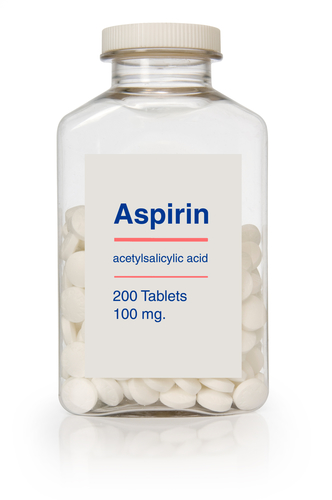What you should know about antibiotics
 Antibiotics are known as anti-bacterial substances against bacteria and they are widely used to fight bacterial infections. They work by killing or inhibiting the growth of bacteria.
Antibiotics are known as anti-bacterial substances against bacteria and they are widely used to fight bacterial infections. They work by killing or inhibiting the growth of bacteria.
The first antibiotic, penicillin, showed miracle power and saved millions of people at that time. People with tuberculosis or severe fever threatened with death were cured by administering penicillin. Penicillin is also effective in curing surgical site infections which took the lives of thousands of soldiers at the World War II.
Inspired by the magic power of antibiotic, scientists were dedicated to developing various antibiotics against existing bacteria. When one bacterium was newly discovered, researchers got down to research its corresponding antibiotics. Nowadays, there are over 100 kinds of antibiotics and among them are 10 most commonly used antibiotics, including penicillins, Macrolides, and tetracyclines.
Bacteria themselves have strong survival abilities and they can generate genetic mutation to become resistant to antibiotics. If some bacteria can overcome or escape from antibiotics, people are vulnerably exposed to these bacteria and prone to serious bacterial attacks which can lead to death. It is not easy or time-saving to develop stronger antibiotics against updated bacteria which are more difficult to kill. Consequently, antibiotic resistance has been one of the most concerns among public health.
Antibiotic resistance raises the urgency for humans to use antibiotics in an appropriate manner. However, antibiotic abuse is common in current clinical practices. Due to quick and effective therapeutic effects, antibiotics are prescribed as primary agents to patients who can be cured with more friendly substitutes. According to the statistics from the Centers for Disease Control and Prevention, up to one-third to one-half of antibiotic use in humans is unnecessary or inappropriate.
Antibiotics are commonly used to treat respiratory tract infections and genitourinary tract infections. Patients may be given antibiotics when getting the bacteria-induced disease like urine or kidney infections, persisting cough, high fever, skin infections and meningitis. It is worth noting that, antibiotics are less effective in treating virus-induced diseases such as cold, influenza, ear infections in children and the medications that are against viruses are called antivirals.
Antibiotic abuse shall be put on the priority of policymakers and healthier antibiotic stewardship and clinical practice shall be pursued.
Also, individuals shall protect themselves from antibiotic resistance. They are advised to:
- use antibiotics only when prescribed by the doctor
- keep regular hand washing to avoid bacterial inflection
- receive recommended vaccinations against bacterial infections.


